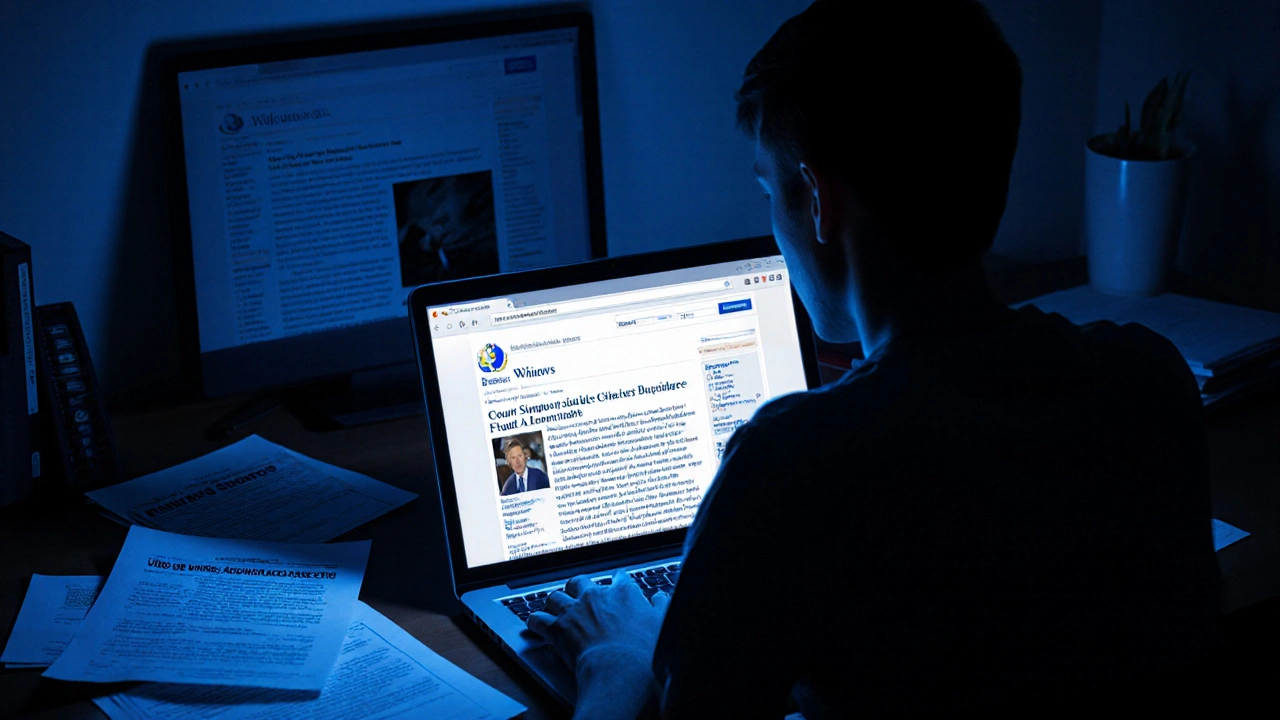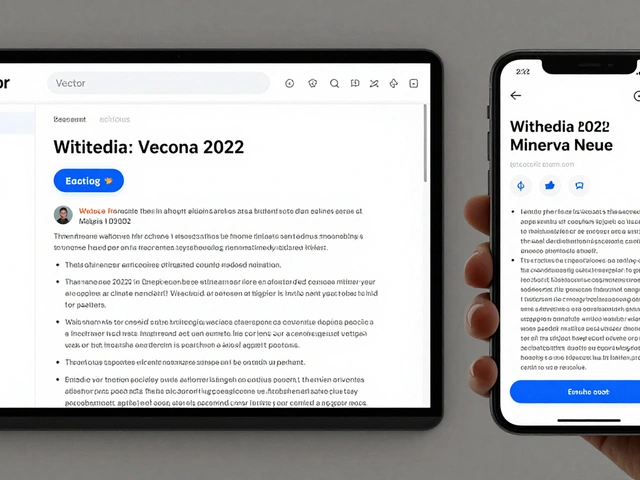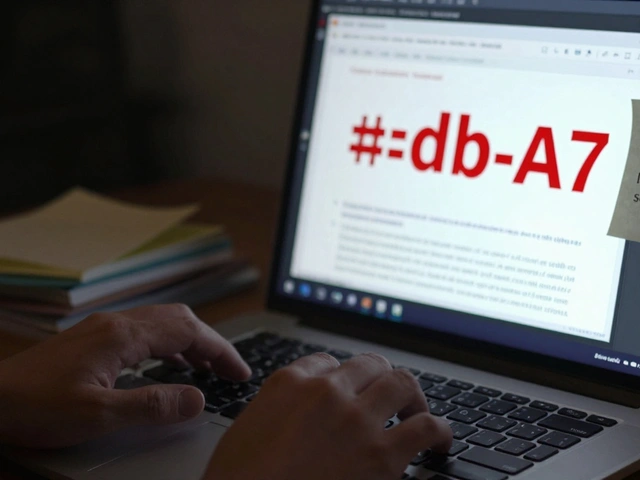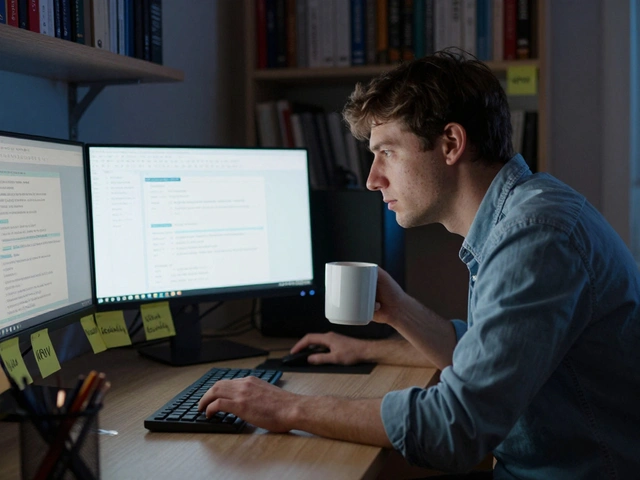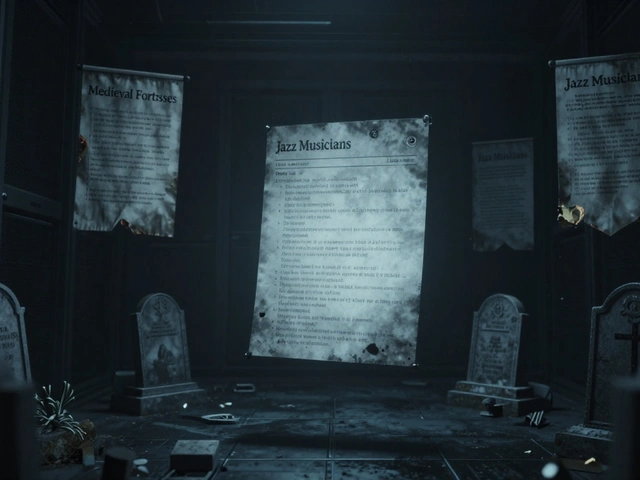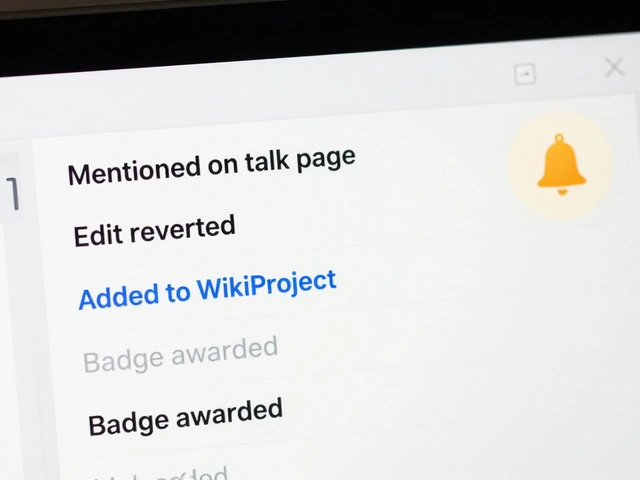Legal Risks on Wikipedia: Copyright, Harassment, and Liability for Editors
When you edit Wikipedia, you’re not just writing an article—you’re navigating legal risks, potential consequences for using, sharing, or removing content under copyright, privacy, or defamation laws. Also known as editorial liability, these risks aren’t theoretical—they’ve led to content removals, lawsuits, and even threats against volunteers. Every edit you make could trigger a copyright claim, a defamation complaint, or an off-wiki harassment campaign. The Wikimedia Foundation doesn’t police your actions, but it also won’t shield you from the law if you cross a line.
One major source of legal trouble is copyright takedown requests, legal demands to remove content that allegedly violates intellectual property rights. These aren’t rare—thousands happen every year. Often, they erase valuable historical or cultural information because the claimant doesn’t understand fair use or public domain. Then there’s CC BY-SA licensing, the license that lets anyone reuse Wikipedia content as long as they credit it and share changes under the same terms. Misunderstanding this license can lead to accidental violations, like republishing content without proper attribution or locking it behind paywalls.
But the legal risks don’t stop at the screen. off-wiki harassment, threats, doxxing, or intimidation that spills from Wikipedia into real life. Many editors face this when they challenge powerful interests—corporations, politicians, or extremist groups. These aren’t just online trolls. They’re people with lawyers, doxxing tools, and real-world influence. Wikipedia’s policies can’t protect you from a subpoena or a physical threat. You need to know how to document, report, and, if needed, go offline to stay safe.
These issues aren’t abstract. They’re part of daily editing for thousands of people. A journalist using Wikipedia as a source might get sued for defamation if they misquote a disputed edit. A volunteer adding medical info could be targeted by pharmaceutical lobbyists. A historian correcting colonial bias might get doxxed by nationalist groups. The system relies on volunteers, but the stakes are real. You don’t need a law degree to edit Wikipedia—but you do need to know where the legal lines are.
Below, you’ll find real cases, practical guides, and expert insights on how to avoid legal traps while still doing meaningful work on Wikipedia. Whether you’re worried about copyright claims, harassment, or liability from your edits, the articles here give you the tools to protect yourself—and keep editing.
Legal Risks on Wikinews: Libel, Privacy, and Jurisdiction Explained
Writing for Wikinews carries real legal risks-libel, privacy violations, and cross-border lawsuits. Learn how to report safely without exposing yourself to lawsuits.
